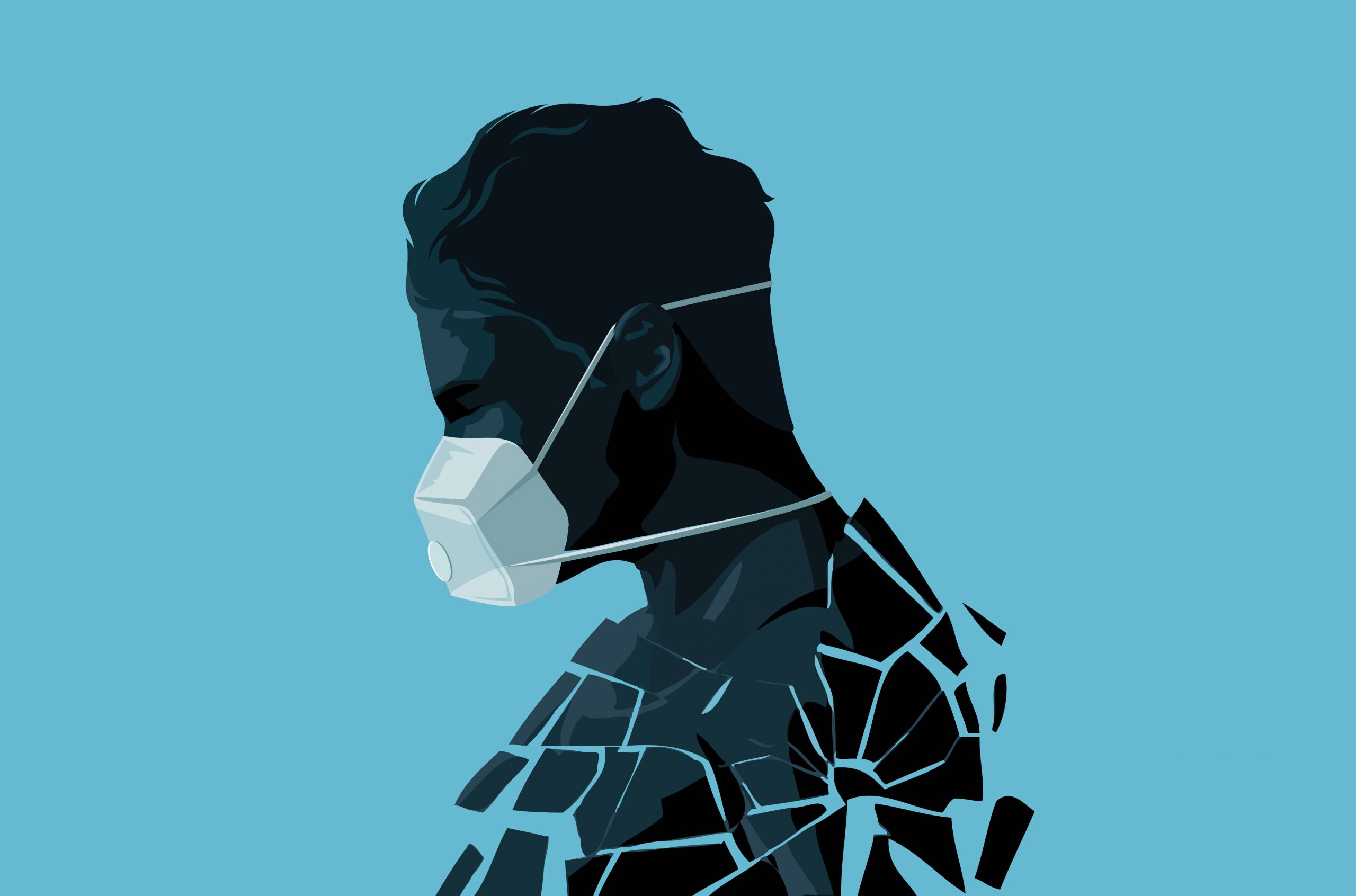By: Ramneek Hoonjan
Ramneek Hoonjan is a medical student in the Trinity School of Medicine, and served as the previous chair of the AMSA WSL Committee
This post is a series of mental health pieces from the AMSA WSL Committee.
It is no surprise that medical students have high rates of burnout, depression and suicidal ideation. Undertreatment of such mental conditions increases the risk of suicide. Physicians face an alarmingly high rate of suicides per year that is double the general population. The issue of high physician suicide rates and increasing prevalence of mental health disorders in the medical community have been called a public health crisis by experts such as Dr. Pamela Wible.
We know mental health topics of burnout, anxiety, depression and suicide have been hot topics in the medical community. Now with the COVID-19 Pandemic, we are faced with even more obstacles and struggles.
Impact of the COVID pandemic on medical students
In March 2020, graduating medical students just found out where they would be going for residency. Third year medical students were looking forward to completing their USMLE Step 2 CK and CS examinations and moving onto electives. Second year medical students were taking their Step 1 exams and looking forward to transitioning into clinical rotations. First years were looking forward to celebrating the end of year one.
When the COVID pandemic hit, it disrupted the entire world. For medical students this meant rapid changes to the medical school curriculum, decreased student activities, removal of students from clinical rotations. Everything hit the pause button, but time kept moving on. Graduating medical students still were expected to begin residency in July. Upcoming fourth years needed to finish taking board exams and begin preparation for residency applications in the fall. Second and third years still needed to get clinic hours and experience while taking shelf exams.
Students had to adapt quickly to utilizing virtual platforms for classroom learning and examinations. Students had to limit clinical exposure to help decrease the spread of COVID-19 and conserve PPE for essential hospital staff. Students were faced with cancellations and delays of USMLE examinations. International students were faced with new ECFMG certification changes. All of these changes were on top of other challenges the pandemic brought upon such as isolation, no travelling, and wearing masks.
Strategies to maintaining well-being during the pandemic
It is natural to experience more anxiety and stress during these times. It is now more important than ever to address issues of mental health of medical students. Our society needs competent physicians ready to enter the workforce while we fight this pandemic. Here are some strategies you and your peers can use to maintain well-being during these challenging times:
- Maintain a routine. Whether you are at home doing virtual classes or able to get back into the clinic, it is important to maintain a daily routine. Wake up at the same time. Make a daily schedule. Take breaks. Maintain as much normalcy as you can in your day to day schedule.
- Stay connected with family and friends. We may be physically distanced, but we can still stay connected with family and friends via social media, video chatting and phone calls. If you are able to see people in person, make sure you wear a mask and keep each other safe. Humans are social beings, so find creative ways to connect with each other.
- Take care of yourself. Stay active. You’ve heard it over and over again…eat healthy and exercise. But now more than ever, it is important to fuel your body with healthy foods and stay active throughout the day. Go for a walk, do some yoga, follow an at home workout plan. Take extra time for self-care. Journal, meditate, play with your dog. Whatever allows you to unplug and relax.
- Reach out for help. Do not hesitate to reach out to school counselors, online therapists, or even peers. You are not alone in this battle. Address signs and symptoms of burnout, depression and anxiety early on.
- Prioritize and pace yourself. Make a list of important tasks and deadlines. Tackle the main priorities first and then address the extra stuff when you have time. Do not compare yourself to what others are doing. Everyone works at a different pace and everyone copes differently in times of stress.

